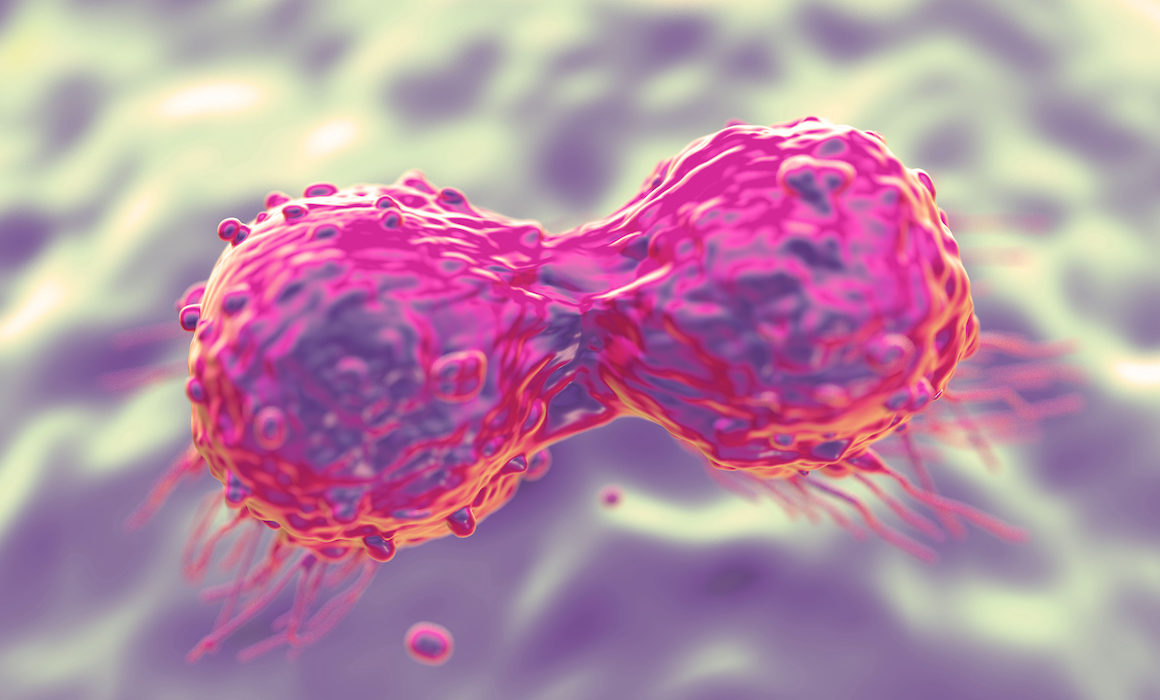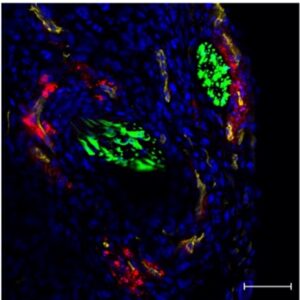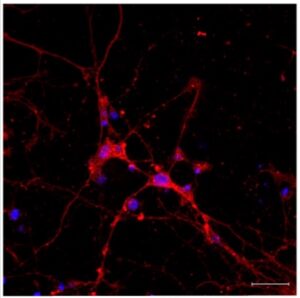If the nervous system can help tumors grow, can it also do the reverse? Technion scientists had this in mind when they developed an innovative treatment for breast cancer based on targeting the nervous system with analgesic nanoparticles.
Professor Avi Schroeder
A team of researchers led by Professor Avi Schroeder and Ph.D. candidate Maya Kaduri found that cancer cells have a reciprocal relationship with the nerve cells around them. They prod the nerve cells to infiltrate the tumor and this infiltration stimulates cancer cell growth, proliferation, and migration. In other words, the cancer cells recruit the nerve cells for their purposes.
Maya Kaduri
So the team developed a clever treatment. They injected nanoparticles containing anesthetic into the bloodstream toward the tumor. The anesthetic accumulated around the cancerous tissue, paralyzing the nerves in the region and cutting off communication between the nerve cells and the cancer cells. The results, published in Science Advances, showed significant inhibition of both tumor development and of metastasis to the lungs, brain, and bone marrow.
Histological section of breast cancer tissue (cell nuclei are blue).
You can see the flow of nanoparticles (red) through the bloodstream (yellow)
and their accumulation around the nerve fibers (green)
“The anesthetizing particles we developed move through the bloodstream without penetrating healthy tissue,” said Ms. Kaduri. “Only when they reach the damaged blood vessels of the tumor do they leak out, accumulate around the nerve cells of the cancerous tissue, and disconnect them from the cancer cells.” Because their method is focused and precise, she explained, they can use a significant amount of anesthetic “with no fear that it will harm healthy and vital areas of the nervous system.”
Accumulation of nanoparticles in neuron cell culture (nanoparticles – red, cell nuclei- blue)
Despite breakthroughs in diagnosis and treatment, some 685,000 women around the world die yearly from breast cancer. It takes innovative scientists to tackle such a persistent killer. Prof. Schroeder has years of experience developing innovative cancer treatments, including methods to tackle triple-negative breast cancer, an aggressive cancer with a high risk of metastasis. Previously he created a system that “barcodes” and tests various drugs inside a patient’s body to determine which works best before treatment begins. He has even studied cancer resistance in elephants to apply findings to humans.






